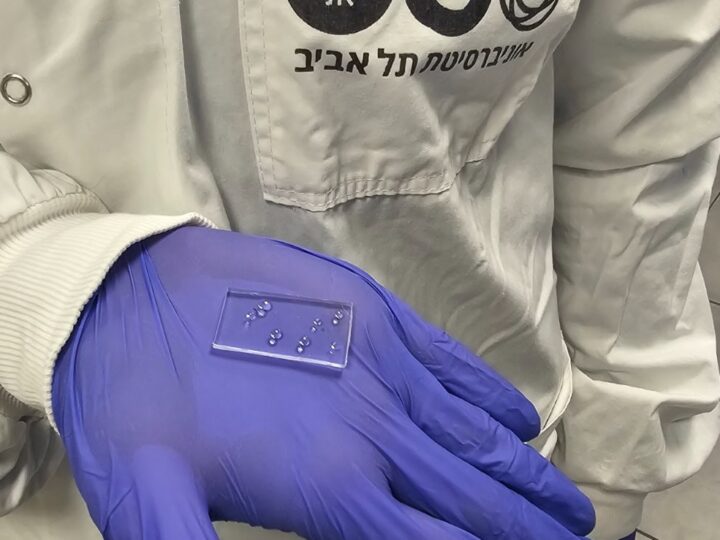In what could be a scientific breakthrough, Tel Aviv University researchers recently utilized cytoskeleton-associated protein (CKAP5) as a base for RNA nanodrugs to target cancer cells resistant to both chemotherapy and immunotherapy.
In animal trials, the scientists successfully targeted unstable mutations in the tissues of ovarian cancer, achieving an 80 percent survival rate. According to the American Cancer Society, ovarian cancer ranks fifth in cancer deaths among women.
The team responsible for the breakthrough is led by Prof. Dan Peer, a global pioneer in the development of RNA-based drugs. He heads the Laboratory of Precision Nanomedicine and is TAU’s vice president for R&D.
Peer said he opted to focus on ovarian cancer because it was a good target.

“While highly resistant to both chemotherapy and immunotherapy, this type of cancer is very sensitive to the silencing of CKAP5. It should be emphasized that the CKAP5 protein is a new target in the fight against cancer. Targeting cell division is not new, but using RNA to target proteins that make up the cell’s skeleton (cytoskeleton) – this is a new approach and a new target that must be further investigated.”
His team also tested the drug on 20 other types of cancer. Some cancer cells proved more sensitive than others to the treatment. Cancers displaying high genetic instability, which are usually highly resistant to traditional treatments, were found to be especially sensitive to CKAP5.
The study’s co-author, Sushmita Chatterjee, an Indian postdoctoral student in Peer’s lab, explained: “The lipid nanoparticles developed by Prof. Peer enabled us for the first time to silence this protein through targeted delivery of an RNA drug. We proved that CKAP5, a protein responsible for the cell’s stability, can be silenced, and that this procedure collapses and destroys the entire cancer cell.”
The study results were recently published in the journal Science Advances.
Fighting for Israel's truth
We cover what makes life in Israel so special — it's people. A non-profit organization, ISRAEL21c's team of journalists are committed to telling stories that humanize Israelis and show their positive impact on our world. You can bring these stories to life by making a donation of $6/month.









